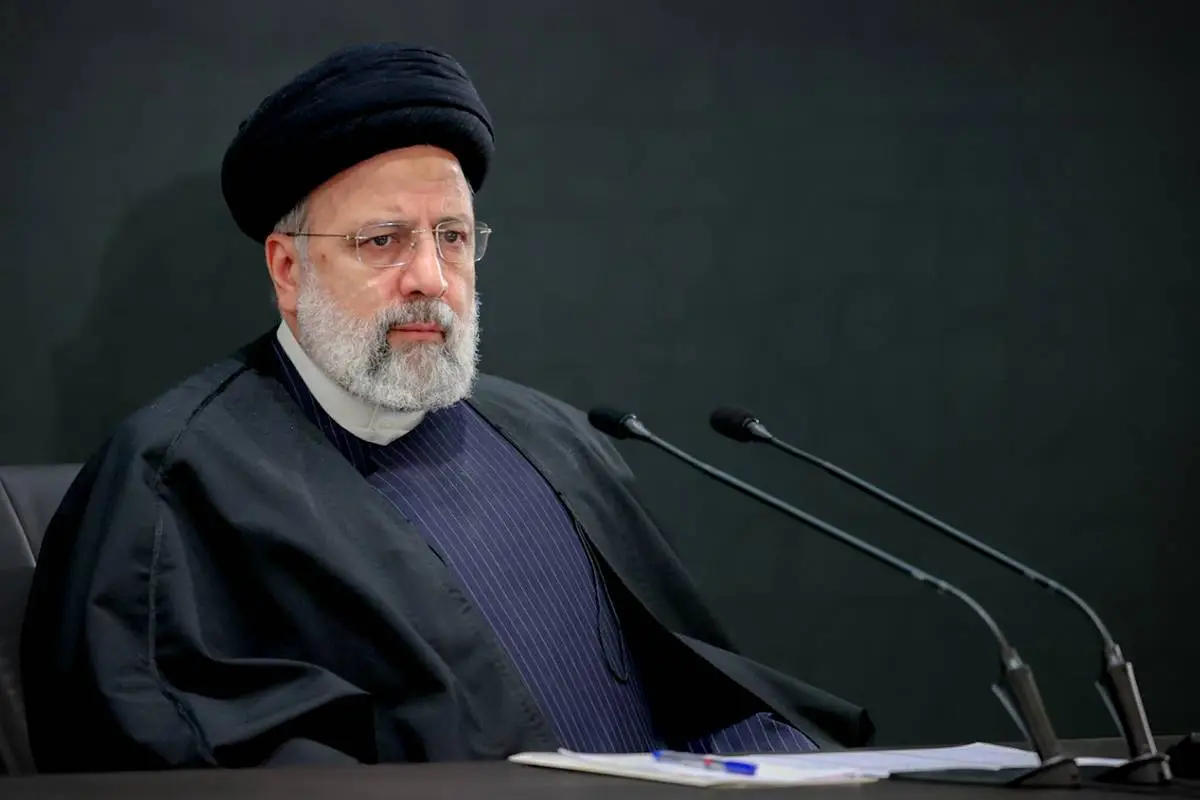Introduction
Iran’s president, Ebrahim Raisi (Found dead in a helicopter accident), was well-known in both the political and religious spheres of the nation. Being a prominent preacher and member of Iran’s government, a lot of people are interested in learning about his religious background as well as important facets of his personal and professional life. This blog post dives into some amazing facts about Ebrahim Raisi and examines if he was a Sunni or Shia.
Ebrahim Raisi: Shia or Sunni?
He was a Shia Muslim, namely Twelver Shia, make up the majority sect in Iran, and this includes Ebrahim Raisi. Ali ibn Abi Talib, the Prophet Muhammad’s cousin and son-in-law, is the first of twelve Imams, or spiritual and temporal leaders, according to Twelver Shia Islam. As the official religion of Iran since Islamic Revolution of 1979, this group comprises the majority of the country’s population.
Major and Interesting Facts About Ebrahim Raisi
1. Early Life and Education
Raised in a pious household, Raisi was raised in Mashhad, one of Iran’s holiest cities, where she was born on December 14, 1960. He continued his studies under well-known clerics at Qom, the hub of Shia study. His education was centered on Islamic philosophy, theology, and jurisprudence, which prepared him for his future positions in the government and judiciary.
2. Judicial Career
Early on in his career, Raisi entered the judiciary. In Karaj, a city close to Tehran, he was appointed prosecutor in 1981. He moved up the ranks throughout the years and ended up as Tehran’s deputy prosecutor. He had been associated with a number of contentious incidents during his tenure in the judiciary, chief among them the 1988 mass execution of political detainees. Since then, Raisi’s actions have been a subject of controversy throughout his career and have garnered major worldwide criticism.
3. Head of the Judiciary
Raisi was chosen as Iran’s chief justice in 2019 by Supreme Leader Ayatollah Ali Khamenei. As a result of their frustration with the country’s poor economic conditions and ineffective governance, he led the charge against corruption in government. But there was also a severe crackdown on dissent under his administration, and there was more persecution of journalists and political activists.
4. Presidential Election and Agenda
Hardliner control over all branches of Iranian government resulted from Raisi’s victory in the 2021 presidential election. His election was significant due to the record low voter turnout, which was indicative of the public’s general disenchantment. Raisi’s priorities as president had strengthened Iran’s strategic autonomy and tackling the country’s economic problems, particularly those made worse by foreign sanctions.
5. Potential Successor to the Supreme Leader
Raisi was frequently cited as Ayatollah Khamenei’s possible heir. He was a strong contender for Iran’s top job because of his close ties to conservative establishment, his steadfast adherence to the Islamic Revolution’s tenets and his prominent positions within the government. His presidency was much more significant in light of this possible ascension.
6. Relationship with the West
Raisi had a complicated connection with the United States and other Western nations. He had taken a strong stand on matters like the nuclear agreement and had frequently denounced Western actions toward Iran. Tensions with the West have persisted during his presidency, mainly because of Iran’s nuclear program and its regional operations. However, Raisi had also stated that she is open to diplomatic relations—just on Iran’s terms.
7. Economic and Social Policies
Domestically, the administration of Raisi had concentrated on economic measures meant to lessen unemployment and poverty. His “Resistance Economy,” which prioritizes independence and less reliance on imports from outside, was what he supports. His social policies were in line with conservative beliefs, placing a high priority on upholding the state’s Islamic identity.
Conclusion
A well-known Shia Muslim in Iranian politics, Ebrahim Raisi personified the tensions and complexity of contemporary Iran. His career, which had been characterized by notable successes and scandals, was a reflection of the larger conflicts that Iranian society faces both internally and externally. Knowing Raisi’s history and his significance in Iran offers important insights into the present and future course of the nation.
